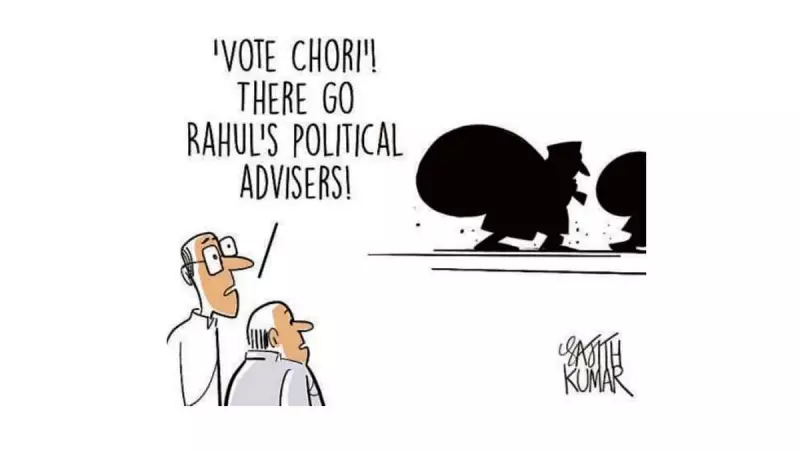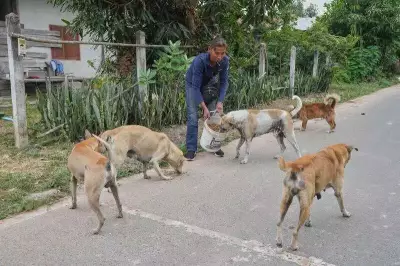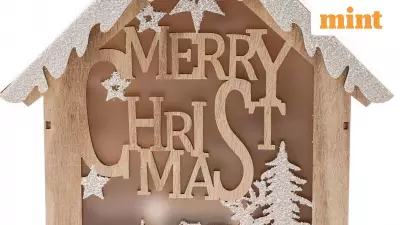
A recent political cartoon published by Deccan Herald has sparked significant discussion about election processes and democratic integrity in India. The cartoon, titled 'Vote Chori,' uses powerful visual symbolism to comment on current political concerns regarding electoral transparency.
The Symbolism Behind the Cartoon
The 'Vote Chori' cartoon employs traditional political satire techniques to convey its message about election integrity. Through carefully crafted imagery and metaphorical elements, the cartoon raises questions about the sanctity of the voting process in contemporary Indian democracy. The artwork serves as social commentary, reflecting growing public concerns about electoral fairness.
The visual narrative presents a critical perspective on how democratic exercises might be compromised, using familiar Indian political imagery that resonates with the common voter. The cartoon's strength lies in its ability to communicate complex political issues through accessible visual language that transcends literacy barriers.
Public Reaction and Political Discourse
Since its publication, the cartoon has generated mixed reactions across political spectrums. Supporters appreciate the bold commentary on what they perceive as threats to democratic institutions, while critics argue it presents a one-sided view of complex electoral processes.
Social media platforms have become battlegrounds for discussions about the cartoon's message, with hashtags related to the artwork trending across various platforms. The controversy highlights how political cartoons continue to play a vital role in shaping public opinion and stimulating democratic dialogue in India.
Political analysts note that such cartoons often serve as barometers of public sentiment, capturing underlying tensions that might not be adequately addressed in formal political discourse. The 'Vote Chori' cartoon has successfully brought election integrity concerns to the forefront of public conversation.
Historical Context of Political Cartoons in India
Political cartoons have a rich tradition in Indian journalism, dating back to the pre-independence era when they were used as tools of resistance against colonial rule. Today, they continue to serve as important instruments of political criticism and social commentary.
Newspapers like Deccan Herald have maintained this tradition of using satire to hold power accountable, following in the footsteps of legendary Indian cartoonists who shaped political discourse through their artwork. The 'Vote Chori' cartoon represents this continuing legacy of using visual media to question authority and stimulate public debate.
Experts in media studies emphasize that political cartoons remain particularly relevant in India's diverse democracy, where they can communicate complex political messages across linguistic and educational barriers. Their visual nature makes them accessible to wider audiences than traditional political analysis.
The ongoing discussion around the 'Vote Chori' cartoon demonstrates how art continues to influence political discourse in modern India. As the debate evolves, it underscores the importance of protecting spaces for political satire and criticism in a healthy democracy.





